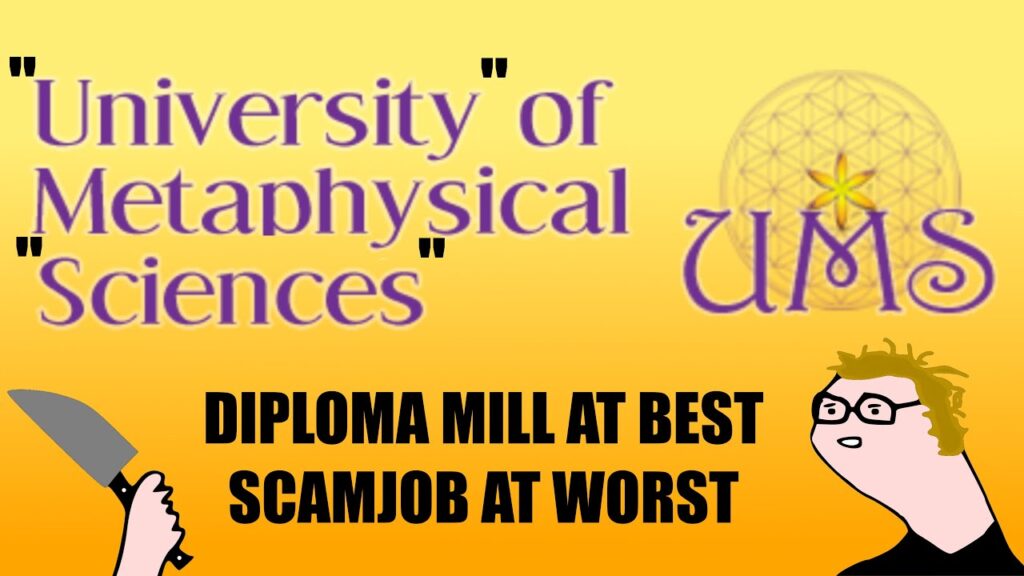The University of Metaphysical Sciences Lawsuit Update has long been recognized as a leader in providing spiritual and metaphysical education to individuals seeking deeper understanding and growth. However, recent legal developments surrounding the institution have drawn significant attention.
This article provides a clear and concise update on the lawsuit involving UMS, exploring the key details, implications, and what this means for students and the broader metaphysical community.
Background on the University of Metaphysical Sciences Lawsuit Update
Founded with the vision of offering comprehensive education in metaphysical topics, UMS has attracted thousands of students worldwide. The university offers online courses, certifications, and degree programs covering topics such as meditation, metaphysical philosophy, energy healing, and spiritual counseling.
The institution prides itself on creating a safe space for learning and self-discovery, but like any organization, it is not immune to legal challenges.
Overview of the Lawsuit
The lawsuit against UMS reportedly involves allegations related to its operational structure and the legitimacy of its degree offerings. Critics have raised questions about whether the university complies with regulations governing degree-granting institutions and whether its programs meet certain accreditation standards.
At the heart of the case is a debate over the recognition of metaphysical sciences as a legitimate field of study. Supporters argue that metaphysical education serves a niche yet meaningful role in spiritual development, while detractors claim that such programs lack the rigor or oversight associated with traditional academic fields.
Recent Developments
Recent updates suggest that UMS has taken steps to address concerns raised in the lawsuit. This includes reviewing its curriculum, reevaluating its accreditation partnerships, and working closely with legal advisors to ensure compliance with applicable regulations.
UMS has issued a statement reaffirming its commitment to its students and its mission. The statement emphasizes the institution’s belief in the transformative power of metaphysical education and its dedication to transparency.
What This Means for Current and Prospective Students
While the legal proceedings continue, UMS remains operational and continues to offer its programs. Current students can still access their courses, and the university is making efforts to minimize disruptions.
For prospective students, it is essential to conduct thorough research before enrolling. Consider asking questions about the legitimacy of the degrees offered, the institution’s standing in the metaphysical community, and whether the programs align with your personal or professional goals.
Implications for the Metaphysical Community
This lawsuit highlights the broader challenges faced by institutions in emerging or non-traditional fields. It raises important questions about how metaphysical education is perceived, regulated, and valued in the modern world.
Supporters of UMS see this case as a call to action for greater recognition of metaphysical sciences as a legitimate area of study. They believe this could set a precedent for other institutions offering similar programs.
Conclusion
The University of Metaphysical Sciences Lawsuit Update lawsuit is a complex issue with implications for the institution, its students, and the metaphysical community at large. While the legal process unfolds, UMS continues to adapt and address the concerns raised.
For those interested in metaphysical education, the case serves as a reminder of the importance of due diligence and the ongoing need for advocacy and awareness in this unique field of study.


